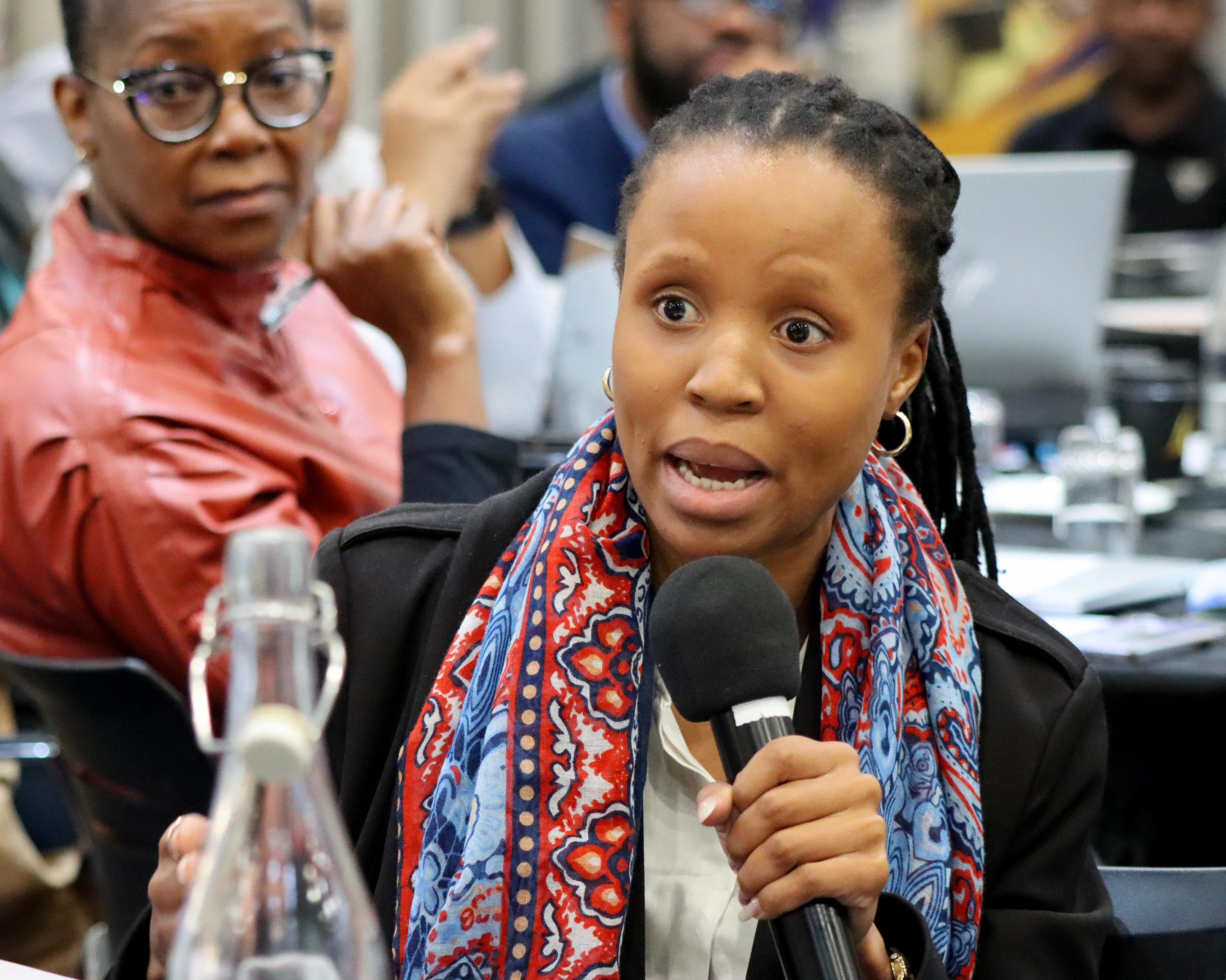DBE Internal Evaluation
by Mpumelelo Khumalo
13 May 2024

The Department of Basic Education (DBE), and the Global Teachers Institute (GTI), hosted a celebratory workshop with multiple stakeholders in the room to share their knowledge and experience within the field of Initial Teacher Education (ITE) internships. Discussions were centered around understanding what is already being done in the various organizations, and how they can be improved. These internship programmes combine study through a Higher Education Institution (HEI) with continuous teaching practice by interns being embedded in a host school.
GTI is one of the founding members of the Teacher Internship Collaboration South Africa (TICZA) – a movement that recognizes that to develop a scalable internship model requires partnership between organizations with different specialties. The workshop was attended by representatives from
Many of these are members of TICZA, whose mandate is to support the process by which ITE internships are institutionalized and systematized in such a way that a reliably efficient and effective model can be presented to the government as a credible alternative policy for nationwide teacher training.
Discussions stressed that for the TICZA processes to be effective, the various internships need a common agenda, shared measurement systems, mutually reinforcing activities and continuous communication. An example of common agenda was given in the SACE presentation(South African Council for Educators) which stressed that any internship must develop 10 core skills: ethical commitment , professional judgement, social justice, classroom and knowledge management, professional development, language acquisition, teaching methodologies, monitoring and evaluation, and coherent sequencing of learning experiences.
Two ITE internship organizations shared their experiences:
- The Thuto Trust which develops teachers in primary schools. Their presentation focused on the need to give enough attention to trainee teachers’ social-emotional learning and the cost-effectiveness of custom-built apps to ensure rigorous accountability.
- GTI’s presentation highlighted its Future Leader Programme’s successes and challenges to date in Mpumalanga. GTI’s experience has proven beyond doubt the power of Public Private partnerships to build a cost effective and context-relevant program, in which Government is a key stakeholder, along with private funders and other implementing NGOs.
Other key takeaways from the seminar include: –
✓ More HEIs need to embrace the ITE Internship model.
✓ Similar discussion platforms are needed to foster a bigger community of stakeholders committed to ITE internship implementation.
✓ The DBE will build a steering committee made up of NGOs and corporate institutions that together will have the leverage to influence government policy change.
✓ The model is flexible enough to embrace many different socio-economic contexts and needs to be used for remote areas and not just easy-to-reach areas and schools.
Masesi Nkwamba, a 4th year GTI intern, gave a programme motivation from the heart, testifying to the strength of character building and the wide range of skills and social responsibility that GTI is nurturing. She is a great example of the quality of an educator that the ITE internship model can produce. The event clearly advanced the cause of the ITE internship model and widened the circle of appreciation for its key components. I am grateful to all those who participated, thereby contributing to the seminar’s success.
A heartfelt thank you to DGMT, Zenex Foundation, the DBE, MPDBE and everyone present for making this event possible and a huge success.
